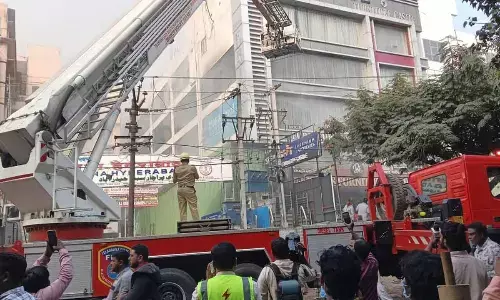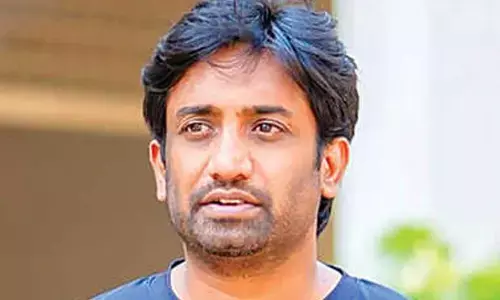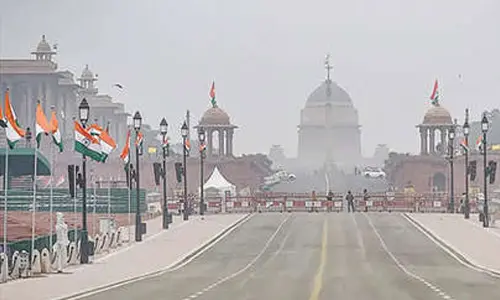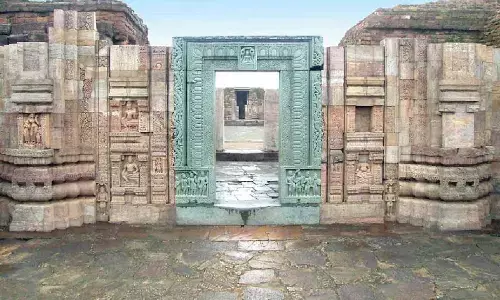How are Hamas & Hezbollah different?
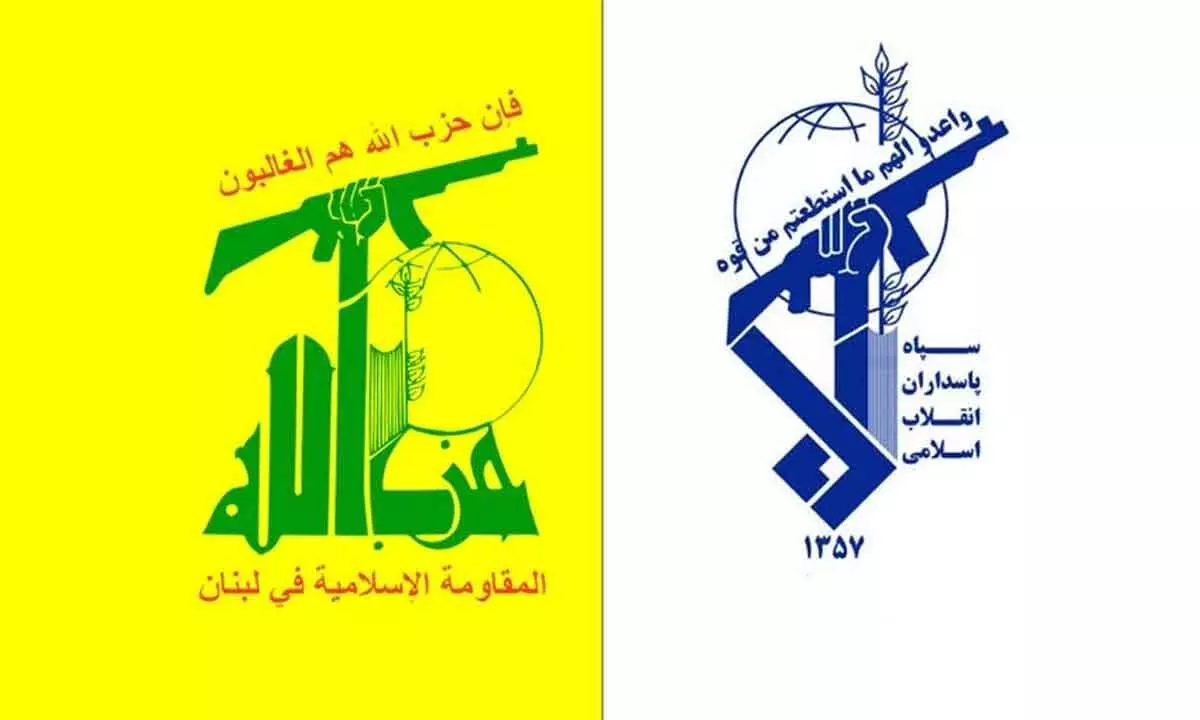
Hezbollah bills itself as a Shia resistance movement. Its ideology is focused on expelling western powers from the Middle East and on rejecting Israel’s right to exist. Hamas is an offshoot of the Muslim Brotherhood, a prominent Sunni group based in Egypt during what’s known as the first intifada or uprising of Palestinians against Israeli occupation. It also called for the annihilation of Israel
Unlike Hamas, Hezbollah has, to date, not gone to war purely for the Palestinian cause. That could change. Hezbollah has not yet fully entered the current conflict, but the group has exchanged fire with Israel, across the northern border with Lebanon. Meanwhile, Iran has said that an expansion of the war may be “inevitable.”
What is Hezbollah?
Named the “party of God”, Hezbollah bills itself as a Shia resistance movement. Its ideology is focused on expelling western powers from the Middle East and on rejecting Israel’s right to exist. The group was founded in 1982 – in the middle of the 15-year Lebanese civil war – after Israel invaded Lebanon in retaliation for attacks perpetrated by Lebanon-based Palestinian factions. It was quickly backed by Iran and its Islamic Revolutionary Guard Corps, which supplied funding, weapons and training in an effort to expand Iranian influence in Arab states.
Hezbollah’s military force continued to develop after the Lebanese civil war came to an end in 1990, despite most other factions disarming. The group continued to focus on “liberating” Lebanon from Israel, and it engaged in years of guerrilla warfare against Israeli forces occupying southern Lebanon until Israel’s withdrawal in 2000. In 2006, Hezbollah engaged in a five-week war with Israel in an attempt to settle scores rather than with an aim to liberate Palestine. That conflict killed over 158 Israelis and over 1,200 Lebanese, mostly civilians. From 2011, during the Syrian civil war, Hezbollah’s power grew further as its forces assisted Syrian president Bashar al-Assad, an ally of Iran, against mostly Sunni rebels. In 2021, Hezbollah leader Hassan Nasrallah said the group had 100,000 fighters (though other estimates range between 25,000 and 50,000). It boasts a sophisticated military arsenal equipped with precision rockets and drones.
The group has also functioned as a political party in Lebanon and holds significant influence, often described as a “state within a state.” Eight members were first elected to the Lebanese parliament in 1992, and in 2018, a Hezbollah-led coalition formed a government.
Hezbollah retained its 13 seats at the 2022 election but the coalition lost its majority and the country currently has no fully functioning government. Other Lebanese parties accuse Hezbollah of paralysing and undermining the state and of contributing to Lebanon’s persistent instability.
What is Hamas?
“Hamas”, which translates literally as “zeal,” is an Arabic acronym for the “Islamic resistance movement”. The group was founded in 1987, in Gaza, as an offshoot of the Muslim Brotherhood, a prominent Sunni group based in Egypt. Emerging during what’s known as the first intifada or uprising of Palestinians against Israeli occupation, Hamas quickly adopted the principle of armed resistance and called for the annihilation of Israel.
Palestinian politics shifted significantly after 1993’s Oslo accords, a series of agreements negotiated between the Israeli government and the Palestinian Liberation Organisation (PLO) with the aim of establishing a comprehensive peace agreement. Opposed to the peace process, Hamas’s armed wing, the al-Qassam Brigades, established itself as the primary force of armed resistance against Israel. It launched a series of suicide bomb attacks that continued through the early years of the second intifada (2000-2005), before shifting to rockets as a primary tactic.
Like Hezbollah, Hamas operates as a political party. It won parliamentary elections in 2006, and in 2007, it gained control of the Gaza Strip in a bloody battle with rival party Fatah that left over 100 dead. Hamas has controlled Gaza ever since, showing little tolerance for political opposition. They have never held elections, and political opponents and critics are frequently arrested with reports of torture.
What’s different?
Hamas has increasingly received funding, weapons and training from Iran, but it is not in Iran’s pocket to the same degree as Hezbollah, which is backed almost exclusively by Iran and takes its directives from the Islamic Republic.
What’s more, as a Sunni organisation, Hamas does not share the Shia religious link to Iran that characterises Hezbollah and most of Iran’s proxies. As a result, while Hamas no doubt benefits from Iran’s patronage, it tends to operate more independently than Hezbollah. In contrast, Hamas has received support in the past from Turkey and Qatar, among others, and operates with relative autonomy. The group was also long at odds with Iran over their opposing stances in Syria.
Right now, this is very much a war between Israel and Hamas. Hezbollah remains, however, a threat to Israel. If activated by Iran, its full involvement would rapidly change the course of the conflict and likely open up a regional war.
(Writer is Associate Professor in Politics & International Relations & Co-Director of the Centre on US Politics, UCL; The Conversation)











